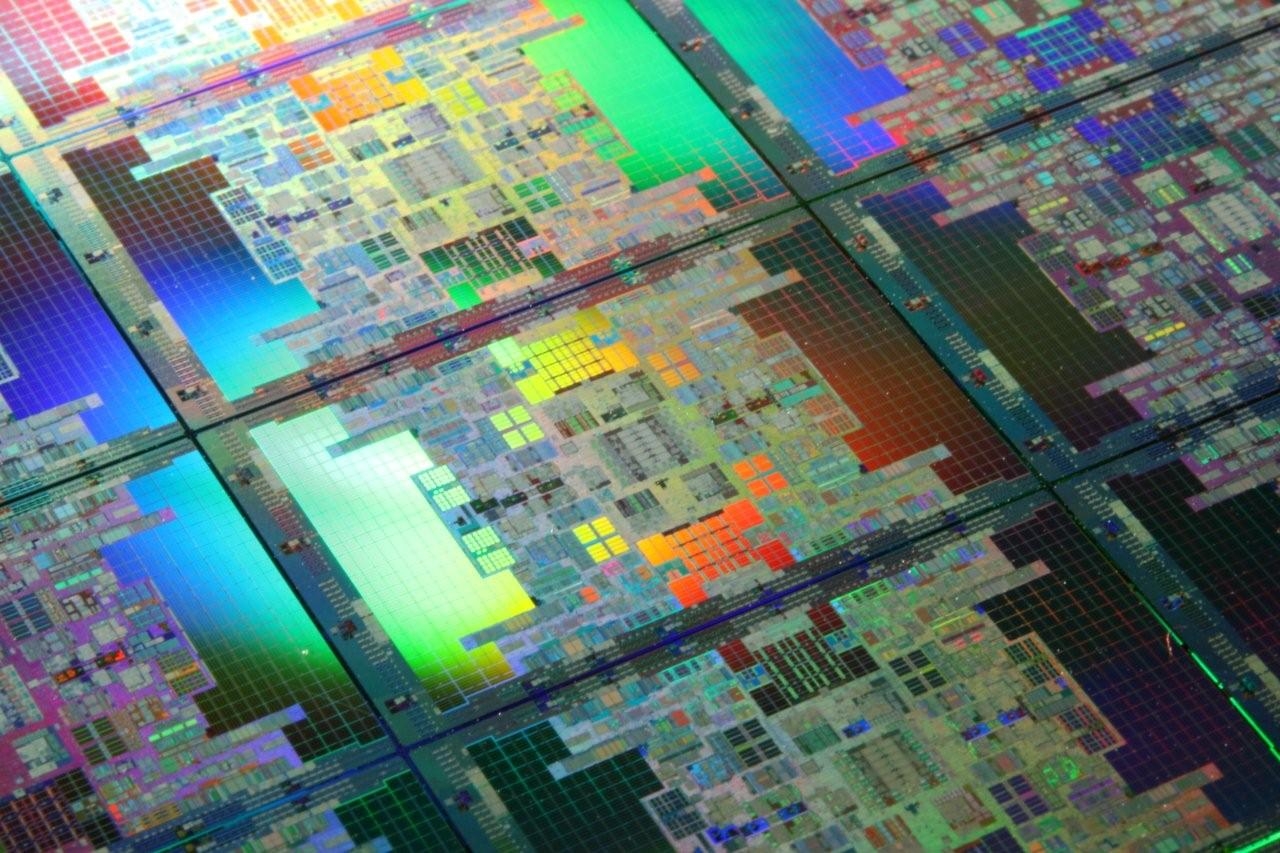Microsoft Phasing Out Support for Intel Itanium
Microsoft announces plans for Itanium's going-away party. But that's still eight years away.
Microsoft today revealed in its Windows Server Division Weblog that it plans to phase out support for Intel's Itanium processor technology.
"Windows Server 2008 R2 will be the last version of Windows Server to support the Intel Itanium architecture," wrote Dan Reger, Senior Technical Product Manager of Windows Server. "SQL Server 2008 R2 and Visual Studio 2010 are also the last versions to support Itanium."
Current Itanium users shouldn't be worried in the least bit, however, as Microsoft intends to fully support the platform as it is in the current generation.
"Current support for Itanium remains unchanged. Each of these products represent the state of the art of their respective product lines," Reger added. "Each fully support Itanium, support the recently-released Itanium 9300 ('Tukwila') processor, and Microsoft’s support for these products will continue – following the Microsoft Support Lifecycle Policy."
What that adds up to is eight more years of support. Mainstream support for Windows Server 2008 for Itanium-Based Systems (and R2) will end, on July 9, 2013, while extended support will continue until July 10, 2018.
Why would Microsoft be phasing out one of Intel's industrial chips? Because the growing capabilities of technology that's evolved from the consumer space.
"The natural evolution of the x86 64-bit ('x64') architecture has led to the creation of processors and servers which deliver the scalability and reliability needed for today’s 'mission-critical' workloads," Reger noted. "Just this week, both Intel and AMD have released new high core-count processors, and servers with 8 or more x64 processors have now been announced by a full dozen server manufacturers. Such servers contain 64 to 96 processor cores, with more on the horizon."
Get Tom's Hardware's best news and in-depth reviews, straight to your inbox.
-
ta152h You don't really believe Microsoft, do you?Reply
The reasons for phasing it out are due to the poor performance of the Microsoft OS and SQL Server. Itanium chips running HP/UX have roughly twice the performance of the same machine running Windows and SQL Server.
Since that's pretty much all Microsoft sells to in that market, it's a useless product.
Also, why would core counts going higher be related to this? By that measure, x86 has always been ahead of Itanium. The Tukwila actually makes the Itanium more competitive than it has been for a while.
Microsoft is talking their normal nonsense. Their product sucks and can't compete, so they had to leave the market. It's not the first time that's happened. -
TA152H: Actually, it's the performance of Itanium that sucks, not the other way around. Microsoft said it sucks, Linus Torvalds(creator of Linux) said it sucks, who else do you need to hear it from?Reply
-
WheelsOfConfusion Also, MS had only a tiny sliver of marketshare on Itanium platforms: most ran HPUX (HP's Unix distro) if I remember right. Little loss for MS to drop the platform.Reply -
palladin9479 Itanium was Intel's bad idea to take over the server processor marketplace. It was proprietary as hell and they had no plans on licensing its instruction set to any other manufactures (AMD). Thankfully it didn't work out, it sucked performance wide and required everything to be compiled for it naitivly.Reply -
ptroen Itanium is actually a great idea it's just phasing out the x86 instructions is downright tricky. I'm surprised why x86 manufactors haven't introduced new cores with only x86 instructions. This would be the easiest way to solve this problem in the long run.Reply -
jimmysmitty The area Itanium sucked in was x86 because it was not naitive. It was emulated instead which cut 20% performance. Microsoft is mainly a x86 OS so it would make sense.Reply
Itanium will go forward in the pure x64 market. -
martel80 Itanium does not have any features most x86 CPUs have (branch prediction, speculative execution etc.) and relies on the compiler to put this into the executable. Works great in theory, fails (failed) practically because the compiler is too hard to develop. It's not the hardware that's bad...Reply
OTOH, it would be great if MS used the resources to support ARM. Having windows 7 on ARM wouldn't be so bad. -
GeoMan And so the beginning of the end for the ItanicReply
Watchman: ‘Captain, ice berg ahead!’
Captain: ‘Don’t worry, we’ll have plenty of time to steer around it’
Fare well Itanic, you probably won’t be missed.

